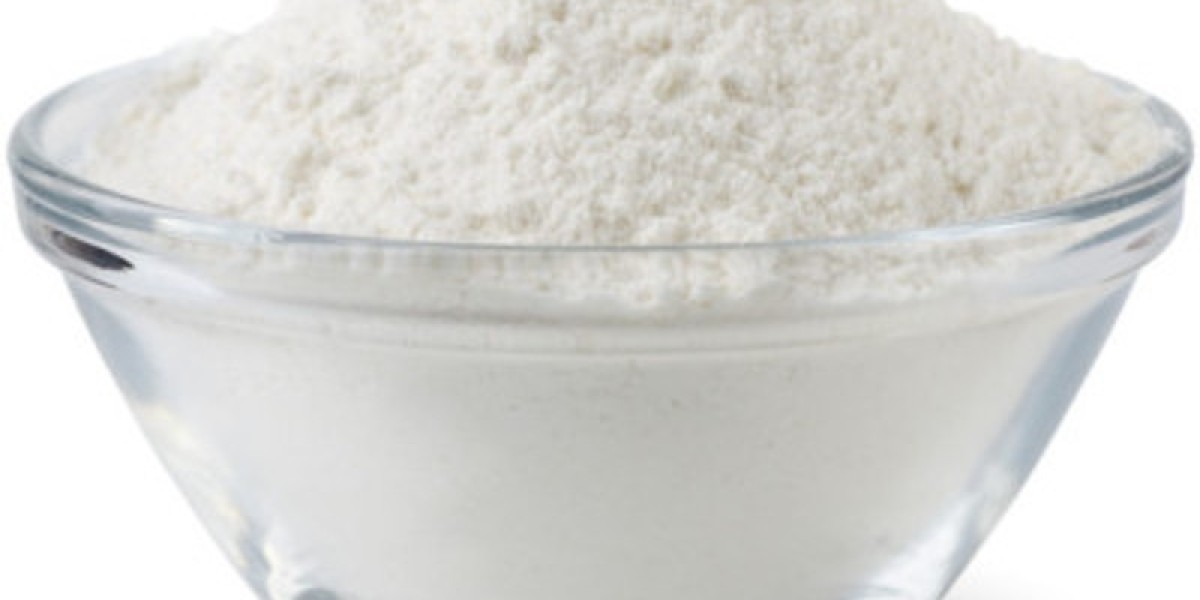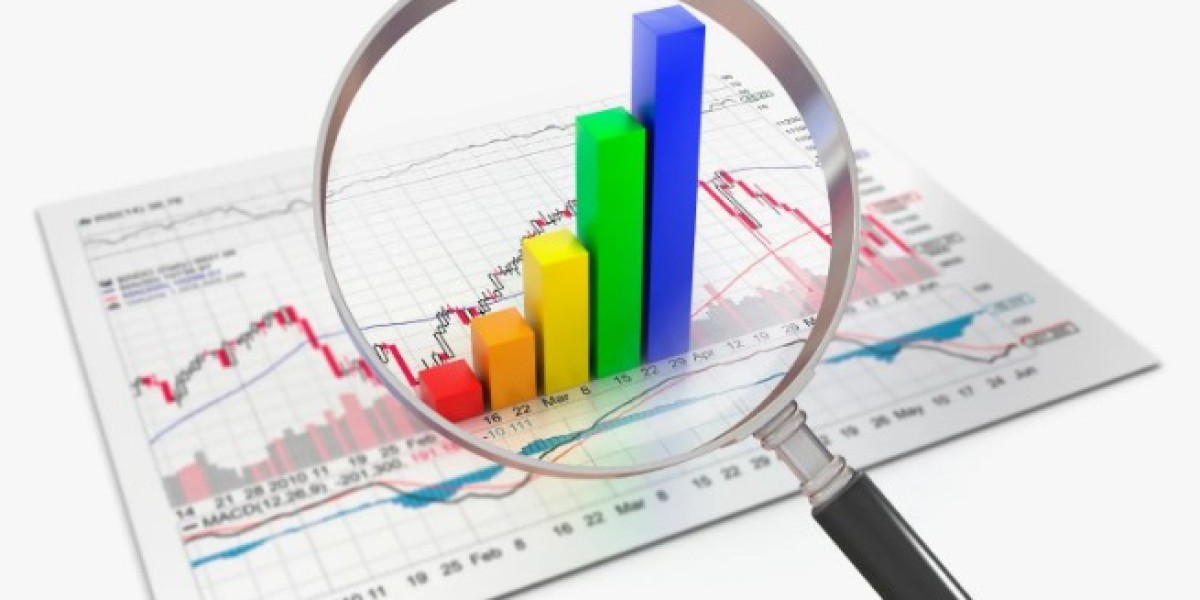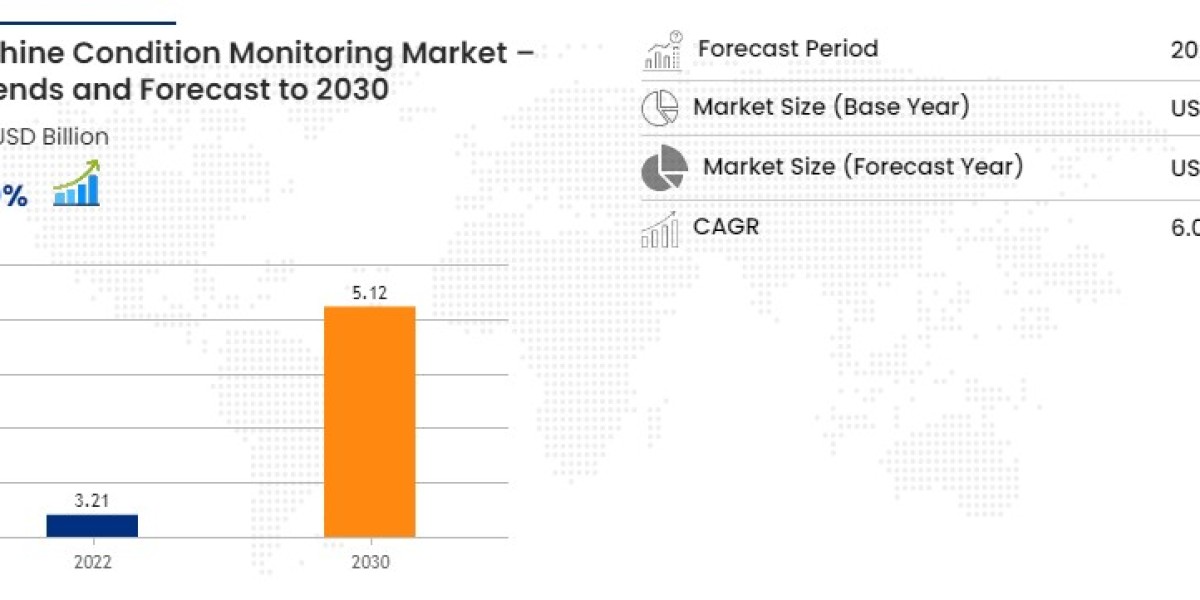To ensure that the chemical wholesalers you choose are following the latest safety regulations, you should take the following steps:
1. Verify Compliance with Local Regulations: Ensure that the wholesaler complies with the local chemical safety regulations such as the EPA's Risk Management Program (RMP) in the U.S., which focuses on high-risk facilities and requires owners to consider safer alternatives and provide justifications if not implemented . In China, compliance with Decree 591 is crucial, which covers the production, storage, import, use, sales, and transportation of hazardous chemicals .
2. Check for Globally Harmonized System (GHS) Compliance: The GHS provides a universal standard for classifying chemicals and communicating their hazards through labels and safety data sheets (SDS). Wholesalers should be aligned with GHS standards, which are incorporated into regulations like China's Decree 591 .
3. Review Safety Data Sheets (SDS): All chemical wholesalers should provide accurate and up-to-date SDS for the chemicals they sell. These documents outline the hazards of a chemical and provide guidance on safe handling and emergency procedures.
4. Assess Storage and Handling Practices: Check that the wholesaler follows proper storage and handling practices. For instance, China's new rules for hazardous chemicals storage (GB 15603-2022) provide basic standards for safety management, handling and stacking, and emergency management .
5. Confirm Licenses and Permits: Ensure that the chemical wholesalers have all necessary licenses and permits to operate. In China, this includes production licenses for manufacturers, operating licenses for companies importing/distributing/selling/storing hazardous chemicals, and safe-use licenses for companies using certain hazardous chemicals .
6. Stay Updated with Regulatory Changes: Regulations can change, so it's important to stay informed about updates. For example, China has announced new inspection methods for imported hazardous chemicals effective from April 13, 2023 .
7. Engage in Due Diligence: Conduct background checks on potential wholesalers to ensure they have a history of safe operations and regulatory compliance. Look for any news or records of safety incidents or regulatory violations.
8. Community and Environmental Impact: Consider the wholesaler's impact on the community and environment, as regulations often include provisions for community safety and environmental protection.
By taking these steps, you can help ensure that the chemical wholesalers you choose are following the latest safety regulations and operating in a manner that minimizes risk.



